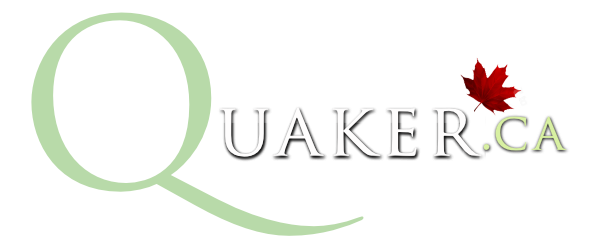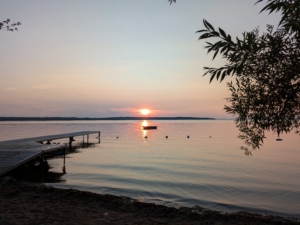Call for Submissions – The Canadian Friend – Repair
The Canadian Friend Summer 2025 Issue is currently in production and should be on its way to your mailboxes by the beginning of August! Included in that issue is a call for submissions for the following issue.
The next issue of The Canadian Friend will focus on the theme of repair. Reviews of related books are also welcome.
Send pitches, submissions, and questions to . The deadline for pitches is August 15, and for finished articles is September 30. You can find full submission guidelines at quaker.ca/cympublications/tcf.
If you would like to write book reviews but don’t have a specific book in mind, please write to me and I will add you to my reviewer list. If you would like to suggest a book for review but don’t want to review it yourself, send it in and if I think it’s appropriate, I will try to match it to a reviewer.
While I was working on this issue, it became clear that a few people are confused about what I mean by a “pitch.” A pitch is your idea: Tell me in a couple of sentences what you want to write (or make art) about, and ideally how long you think your essay will be. I can tell you if I think the idea will work, offer alternatives if it doesn’t, and possibly give you ideas for direction so it aligns with an upcoming theme. You do not need to pitch first in order to submit something! And if you miss the pitch deadline, you can definitely still submit a completed piece by the article deadline. A pitch just saves you (and me!) time, so you don’t invest in writing something that isn’t likely to be a fit.
A couple of other questions have come up concerning the editorial process. First: I do not accept all submissions. Broadly, submissions must be of interest to Canadian Friends, in alignment with Quaker values, relevant to a theme of an upcoming issue, and well-written enough that I can work with you to get it into shape for publication. You can find the full guidelines at the link above.
Also, you should expect your piece to be edited—sometimes heavily. I frequently restructure submissions; cut them for length, repetition, and focus; and revise wording for clarity and flow. Wherever possible, I try to keep your own voice, and if something needs a complete rewrite, I will send it back to you to do it. After I edit the pieces, everything is seen by a copy editor, who makes final, mostly small changes for style, grammar, and mechanics.
Pieces that may have been accepted before for the Friend may not be accepted now. This includes reports of events or meetings, some autobiographical or biographical pieces, or generally anything that would primarily of be of interest to “insiders.” Basically, anything we publish should have some nugget of a greater meaning—a reflection, spiritual message or lesson, and so on. Imagine a non-Quaker seeker, with perhaps only passing familiarity with Friends, picking up an issue at their local public library: Would they find something of interest in the piece? This is the kind of work we are looking for.
My thanks for your understanding and collaboration as we work through this transition!
Eve Rickert – Editor of The Canadian Friend

